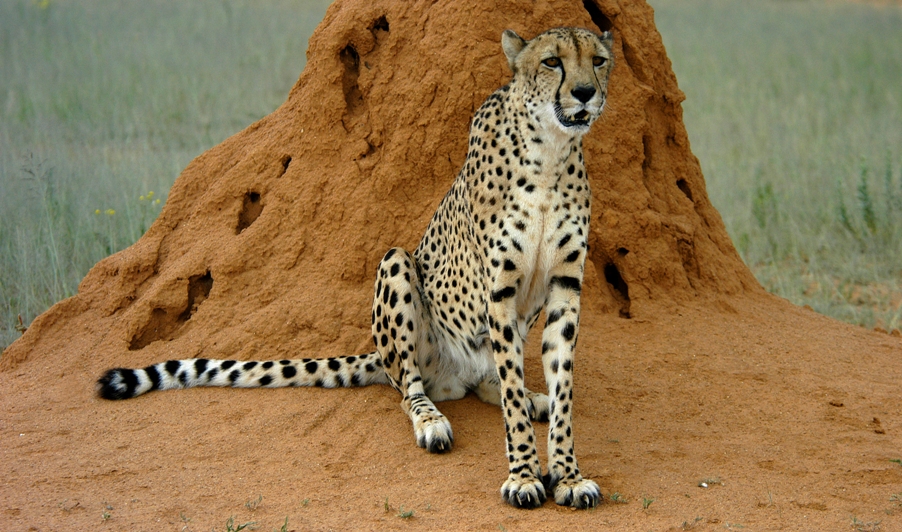Podcast: Play in new window

BOB HIRSHON (host):
American cheetahs. I’m Bob Hirshon and this is Science Update.
Everyone associates the world’s fastest animal, the cheetah, with Africa. But a new genetic analysis in the journal Genome Biology suggests that the species migrated there from North America around 100,000 years ago.
STEPHEN O’BRIEN (Theodosius Dobzhansky Center for Genome Bioinformatics, St. Petersburg State University)
And the second fastest animal on earth was the pronghorn, because it was adapting to run away from the cheetah.
HIRSHON:
That’s geneticist Stephen O’Brien of St. Petersburg State University in Russia. He says as cheetahs made their way across Asia toward Africa, they lost genetic diversity.
O’BRIEN:
About 99% of the regions across the genome have no variation at all.
HIRSHON:
What’s more, his team found genetic defects in areas of the cheetah genome important for immune function and reproduction. And while habitat loss is the biggest threat to the cats, these genetic shortcomings from the cheetahs’ past hamper efforts to breed the animals today. I’m Bob Hirshon, for AAAS, the science society.
